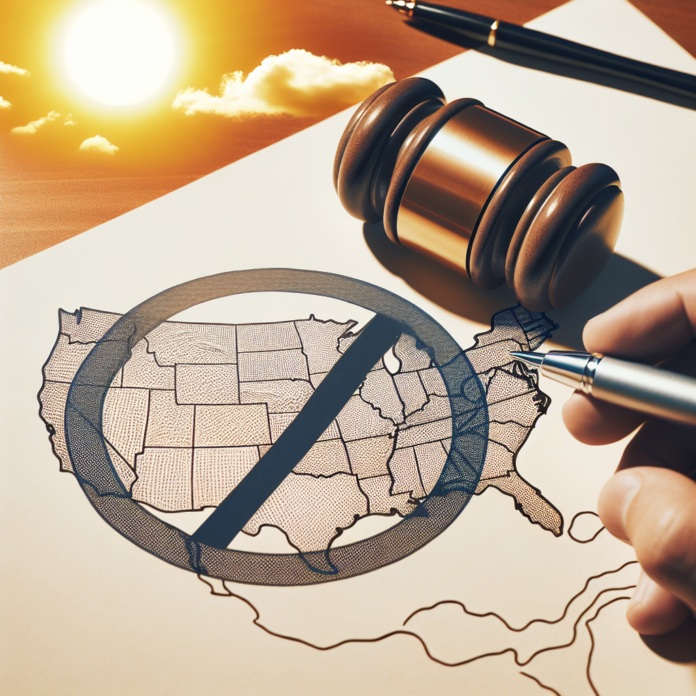State Courts Should Avoid Drafting US Climate Legislation
State Courts Should Not Be Writing US Climate Laws
Climate change is a pressing global issue that requires cohesive and comprehensive action at the national and international levels. While state courts play a vital role in the American judicial system, allowing them to dictate climate policy poses significant risks. The complexities and far-reaching impacts of climate legislation are best addressed through federal means, ensuring uniformity, coordination, and a broad understanding of scientific and economic factors.
The Role of State Courts
State courts are essential in interpreting and enforcing laws within their jurisdictions. They handle a wide range of cases, from criminal matters to civil disputes, and provide a crucial check on state government powers. However, their primary function is not to formulate broad policy but to interpret existing laws. When state courts start to shape climate policy, they may overstep their intended role and create fragmented and inconsistent regulations.
Challenges of State-Led Climate Legislation
One of the major issues with state courts writing climate laws is the potential for a patchwork of regulations that vary widely from state to state. This inconsistency can create significant challenges for businesses operating in multiple states, leading to increased costs and logistical complications. Moreover, state-led climate policies may not align with federal initiatives, creating further confusion and inefficiency.
The Importance of Federal Leadership
Climate change is a national and global issue that transcends state borders. Effective climate policy requires a coordinated approach that only federal legislation can provide. The federal government has the resources, expertise, and authority to implement comprehensive climate strategies that consider national interests and international commitments. Federal leadership ensures that climate action is consistent, scientifically sound, and economically viable.
The Role of Science and Expertise
Crafting effective climate policy necessitates a deep understanding of environmental science, economics, and technology. Federal agencies such as the Environmental Protection Agency (EPA) and the Department of Energy (DOE) have the expertise and resources to develop informed and effective climate strategies. State courts, while proficient in legal interpretation, typically lack the specialized knowledge required to create robust climate policies.
Examples of Federal Climate Initiatives
The federal government has already taken significant steps to address climate change. Initiatives such as the Clean Air Act and the Paris Agreement demonstrate how federal leadership can drive meaningful progress. These efforts involve extensive research, stakeholder engagement, and international cooperation, elements that are difficult to achieve through state-led initiatives alone.
The Need for Legislative Action
Ultimately, the most effective way to address climate change is through legislative action by Congress. Elected representatives have the mandate to create laws that reflect the will of the people and the needs of the nation. Congressional action on climate policy ensures that decisions are made transparently, democratically, and with input from a wide range of stakeholders.
Conclusion
While state courts play a crucial role in the American judicial system, they should not be responsible for writing climate laws. The complexities of climate change require a coordinated, expert-driven approach that only federal leadership can provide. By allowing the federal government to take the lead on climate policy, the United States can ensure that its efforts are consistent, effective, and aligned with both national and global objectives.


